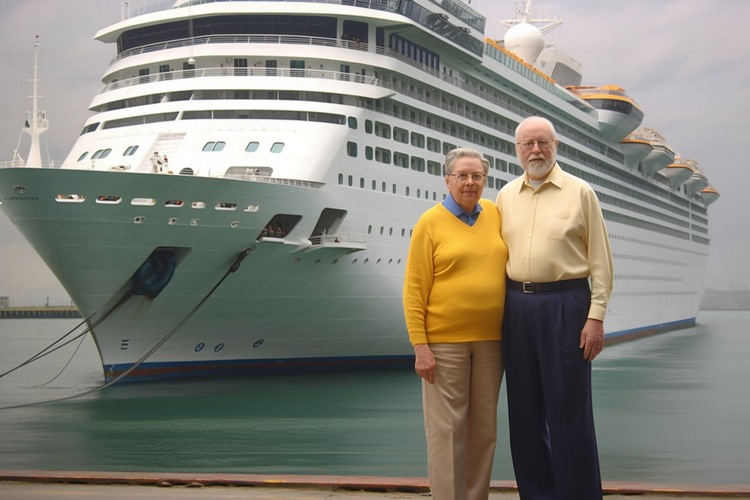Cruise Jobs: Roles, Requirements, and Daily Life Aboard
Working on a cruise ship combines long periods at sea with a compact, service-driven workplace where hundreds or thousands of passengers rely on a coordinated crew. This article explains common cruise jobs, how ship departments are organized, what day-to-day life at sea looks like, and practical steps to apply for roles and build a seafaring career.

What types of cruise ship roles exist?
Cruise ship roles fall into broad categories: hotel and hospitality (housekeeping, food & beverage, front desk), entertainment (performers, activity staff, youth programs), maritime and technical (deck officers, engineers), and specialist services (medical personnel, spa therapists, IT). Each role has different qualifications and shift patterns; hospitality positions often focus on guest service while maritime roles require maritime certifications and sea time.
Many positions are seasonal or contract-based, typically lasting several months followed by leave ashore. Language skills, customer service experience, and flexibility for rotating shifts are common requirements. Entry-level opportunities exist for applicants without prior ship experience, but upward mobility generally depends on certifications, performance, and accumulated time at sea.
How do ship departments operate?
A ship is structured like a floating hotel with clear departmental responsibilities: hotel, food and beverage, entertainment, marine operations, and technical departments coordinate through supervisory chains. The captain and senior officers oversee safety and navigation; department heads handle daily operations, staffing, and guest satisfaction. Clear communication and routine briefings help maintain service standards and safety protocols.
Crew life also involves shared facilities—mess halls, lounges, and cabins—plus mandatory drills and inspections. Contracts define working hours, days off, and onboard rules. Understanding departmental workflows helps applicants know what to expect in terms of teamwork, performance metrics, and opportunities for cross-department transfers.
What sea working conditions should you expect?
Life at sea requires adaptability to confined spaces, long shifts, and sometimes extended time away from family. Weather and itineraries influence workload: port days bring heavy guest traffic and extra duties, while longer passages may be steadier. Safety procedures, emergency drills, and personal protective equipment are standard for many shipboard roles to mitigate risks associated with maritime operations.
Crew accommodations vary by rank and company—officers often have private cabins, while many crew share twin or triple cabins. Internet access and medical facilities are usually available but may be limited compared with shore services. Prospective crew should be prepared for seasickness possibilities, routine health checks, and compliance with company medical requirements.
How does travel affect crew life?
Travel is central to cruise employment: crews experience multiple ports, different countries’ immigration requirements, and varying local conditions. Shore leave is scheduled and may be limited by operational needs, embarkation/disembarkation procedures, or local regulations. For many crew members, travel offers cultural exposure and the chance to visit new places during scheduled time ashore.
Logistics such as visa arrangements, vaccinations, and travel documents are typically facilitated by employers, though responsibility for timely paperwork often falls on the employee. Crew members should plan for personal communications, financial arrangements, and possible expenses during port calls, and be aware that some services on board are billed separately from salary.
How to find and apply for a job on a cruise?
Job seekers can target official cruise line career pages, maritime recruitment agencies, and specialized job boards. For maritime and technical roles, common credentials include STCW (Standards of Training, Certification, and Watchkeeping), specific certificates for officers or engineers, and documented sea service. Hospitality and entertainment positions emphasize customer service experience, language ability, and reference checks.
When preparing an application, tailor your CV to highlight relevant skills, certifications, and clear availability for contract dates. Virtual or in-person recruitment events, social media groups for seafarers, and local maritime training centers can connect candidates with recruiters. Background checks, medical clearances, and sometimes personality or skills tests are typical parts of the screening process.
Conclusion
Cruise jobs offer structured career paths within a unique mobile workplace that blends hospitality, maritime operations, and international travel. Success aboard a ship depends on certification for technical roles, strong service skills for guest-facing positions, and adaptability to living and working at sea. Understanding departmental roles, contract terms, and application requirements helps prospective crew decide which route best fits their skills and lifestyle.






